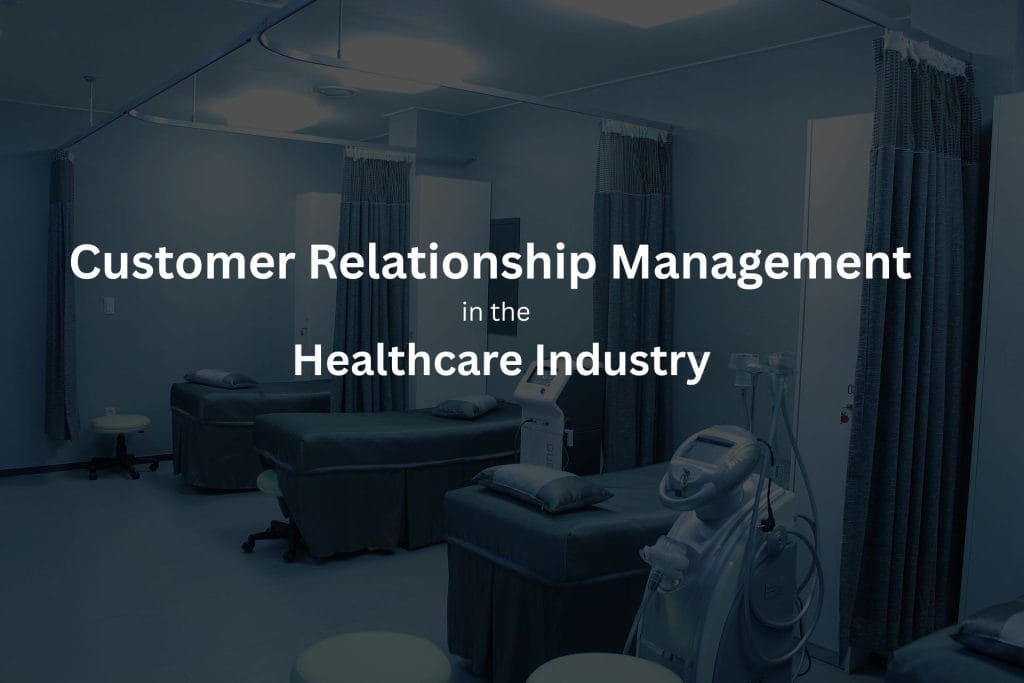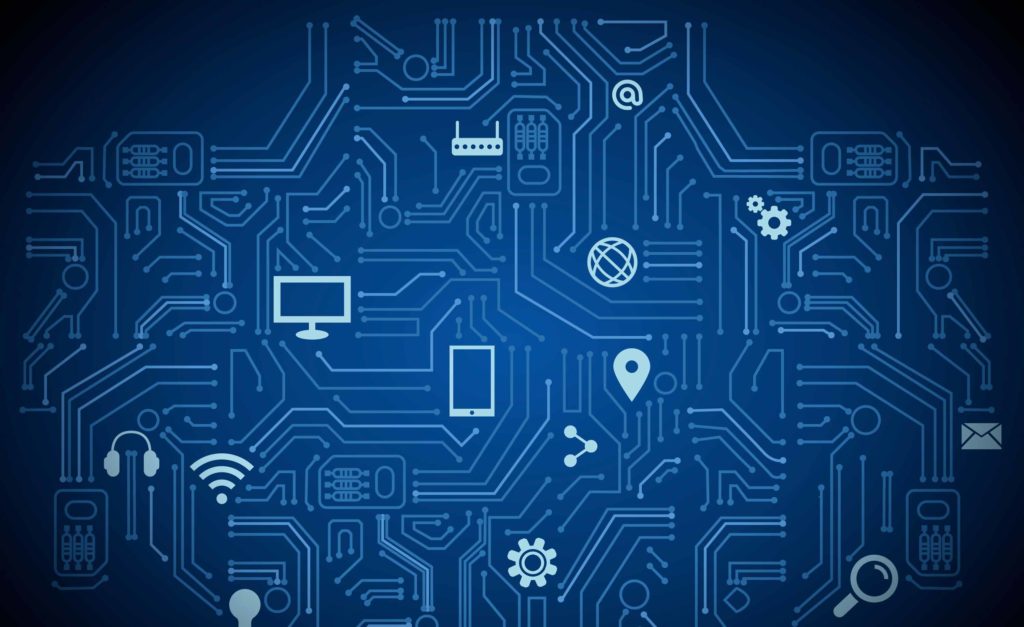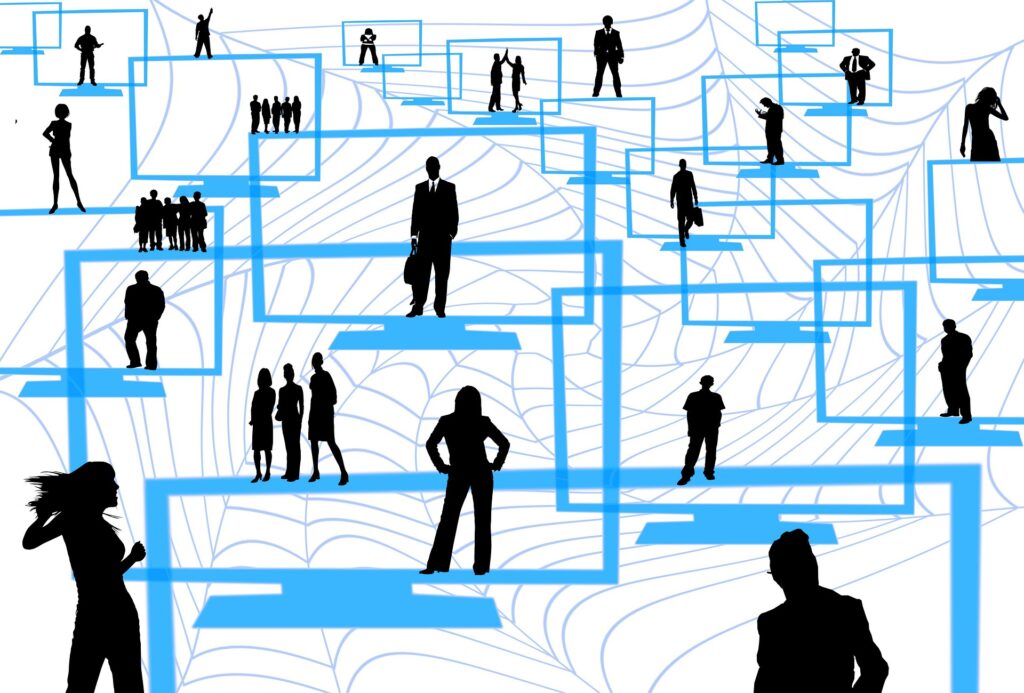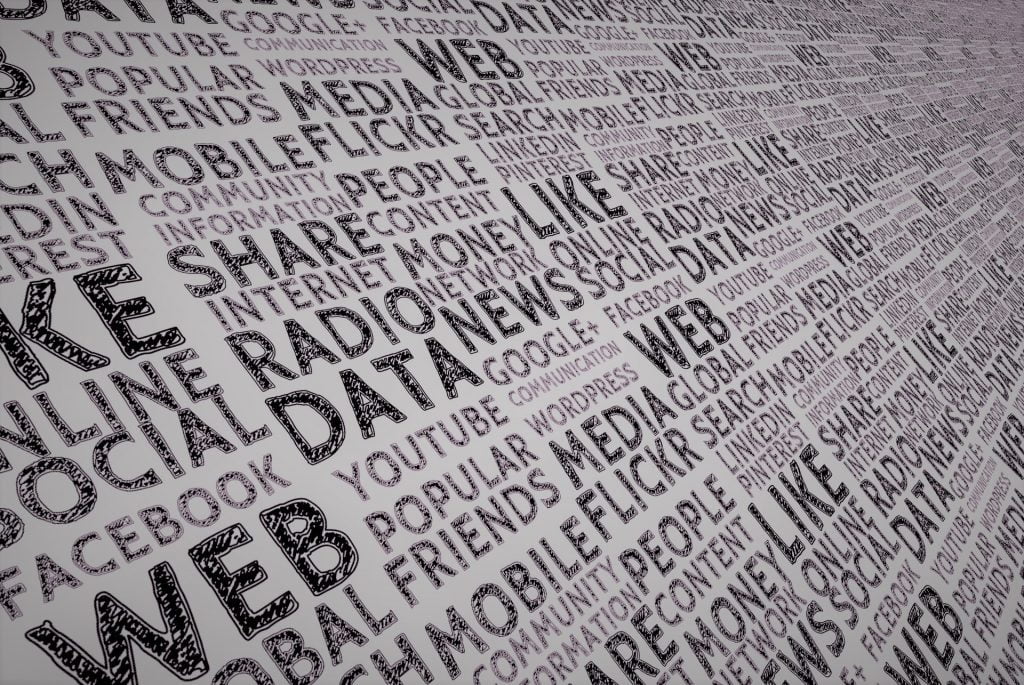When you think about healthcare, the first things that come to mind might be white coats, stethoscopes, and hospital corridors filled with patients waiting for care. But behind the scenes, something just as vital is happening—managing relationships. Just like any other service industry, healthcare isn’t only about treatments or prescriptions; it’s about people, trust, and communication. That’s where Customer Relationship Management (CRM) steps into the spotlight.
In this article, we’ll unpack CRM in the healthcare world, explore its importance, and understand how it’s reshaping the way patients interact with healthcare providers. By the end, you’ll see that CRM isn’t some tech jargon—it’s a lifeline for making healthcare more human and more efficient.
What is CRM in the Healthcare Industry?
At its simplest, CRM in healthcare is a strategy supported by technology that helps hospitals, clinics, and other providers manage patient interactions more effectively.
Picture this: instead of a receptionist flipping through endless paper files to find your record, or a nurse trying to remember if you came for a check-up last year, a CRM system stores all that information digitally. It’s like having a central hub where every detail about a patient’s history, appointments, and preferences is safely recorded and instantly accessible.
But it doesn’t stop at record-keeping. CRM goes further by helping providers understand patients better. For example, if you’re someone who tends to forget follow-ups, the system can automatically send reminders. If you’ve had a certain treatment, the CRM can recommend personalized care plans. In short, it’s not just about data—it’s about building meaningful, personalized healthcare experiences.
The Role of CRM in the Healthcare Industry
CRM in healthcare isn’t just a side tool—it plays a leading role in shaping how patients feel about their healthcare journey. Imagine walking into a hospital where staff already know your medical background, the system reminds you of your appointment, and the doctor follows up afterward to check on your recovery. That seamless experience is made possible by CRM.
The main roles of CRM include:
- Improving communication: Patients no longer have to chase down updates or wait endlessly for information. Automated emails, texts, and even app notifications make communication smooth and transparent.
- Enhancing patient trust: When patients feel remembered and cared for, they trust their providers more. CRM helps create that bond.
- Reducing missed appointments: Missed visits are costly for both hospitals and patients. By sending reminders, CRM ensures people actually show up.
- Streamlining internal workflows: Doctors, nurses, and administrators can collaborate more effectively when everyone has access to the same up-to-date information.
In other words, CRM is like the conductor of an orchestra—it ensures every player (doctor, nurse, admin, and even the patient) is in sync.
Use of CRM Software in the Healthcare Industry
Now let’s talk about the tools. CRM software brings these ideas to life in real-world healthcare environments. It’s like a digital assistant that works 24/7 to make sure nothing slips through the cracks.
Hospitals and clinics use CRM software to:
- Store patient data securely: From medical history to contact details, everything is in one place.
- Schedule and track appointments: No more messy appointment books. Everything is digital and easily accessible.
- Automate follow-ups: Patients don’t need to remember every detail—the system does it for them.
- Analyze trends: Data from CRM can show which treatments are most effective or which departments are overloaded.
- Support telemedicine: With healthcare moving online, CRM integrates video consultations and digital prescriptions seamlessly.
Imagine a patient booking an appointment online. Within minutes, they get a confirmation message, a reminder a day before the appointment, and a follow-up survey afterward. All of this happens automatically thanks to CRM software.
Pros and Cons of Using CRM in Healthcare
Like any innovation, CRM comes with both benefits and challenges.
Pros
- Better patient engagement: Patients feel valued when they receive personalized care and timely communication.
- Improved efficiency: Doctors and staff spend less time on paperwork and more time on patients.
- Team collaboration: Multiple departments can access the same patient record, avoiding miscommunication.
- Data-driven decisions: Hospitals can use analytics to improve treatments, staffing, and services.
Cons
- High costs: Setting up and maintaining CRM software requires money—something smaller clinics may struggle with.
- Training requirements: Staff need time and resources to learn the system.
- Privacy risks: Handling sensitive health data comes with risks if not managed properly.
- Resistance to change: Some healthcare workers still prefer traditional methods and may resist adopting new systems.
So while CRM is powerful, it also requires investment, commitment, and a willingness to adapt.
Healthcare CRM Key Features
What makes a healthcare CRM stand out are its unique features designed specifically for patient care. These include:
- Patient management dashboards: A one-stop view of every patient’s journey.
- Automated reminders: Texts or emails to remind patients of appointments and medication schedules.
- Integration with EHR: Linking medical records with CRM ensures seamless access to clinical and relationship data.
- Analytics and reporting: Tracking patient trends, treatment effectiveness, and hospital performance.
- Telemedicine integration: Secure video consultations and digital prescriptions.
- Secure communication tools: Protecting sensitive patient data while keeping communication open.
These features aren’t just fancy add-ons—they directly improve how patients experience healthcare every single day.
Importance of Customer Relationship Management in Healthcare
Why does CRM matter so much? Because today’s patients expect more than treatment—they want attention, empathy, and convenience.
A hospital that uses CRM can:
- Deliver personalized care instead of a one-size-fits-all approach.
- Build trust and loyalty, ensuring patients come back.
- Reduce stress by simplifying booking, payments, and communication.
- Enhance the overall patient experience, making healthcare less intimidating.
In fact, CRM can be the difference between a hospital that feels cold and bureaucratic, and one that feels welcoming and supportive.
Healthcare CRM vs. EHR
One common mix-up is between CRM and EHR (Electronic Health Records). They sound similar, but they serve very different purposes.
- EHR is all about medical history—past diagnoses, treatments, prescriptions, lab results.
- CRM is about relationships—how patients interact with the hospital, their appointments, follow-ups, and overall satisfaction.
Think of it this way: if a patient’s life were a book, the EHR would be the chapters about their health history, while the CRM would be the notes in the margins reminding you to call them, check in, or offer support.
Healthcare CRM vs. ERP
Another system that often gets confused with CRM is ERP (Enterprise Resource Planning).
- ERP is an internal tool. It manages hospital finances, staff schedules, inventory, and billing.
- CRM is an external tool. It manages the patient-facing side—communication, scheduling, and satisfaction.
You can think of ERP as the hospital’s “engine room” and CRM as its “front desk.” Both are essential, but they serve different roles.
Challenges Addressed by Healthcare CRM
Healthcare is full of challenges, but CRM steps in to smooth many of them:
- Missed appointments: Automated reminders ensure patients show up.
- Poor communication: Centralized platforms prevent confusion.
- Data scattered in silos: CRM pulls information together into one system.
- Low patient satisfaction: Personalized services create a more positive experience.
These solutions show that CRM isn’t just about technology—it’s about solving real-world problems that frustrate both patients and providers.
Customer Relationship Management in Healthcare Industry Examples
Still wondering how this works in reality? Here are a few examples:
- Vaccination programs: Clinics use CRM to send timely reminders to parents, reducing missed shots.
- Dental care: Dentists schedule cleanings every six months automatically using CRM reminders.
- Chronic illness management: Patients with diabetes or heart conditions get regular check-in messages to track their progress.
- Telemedicine support: A CRM system can connect patients with doctors virtually and follow up afterward with care instructions.
These real-world uses show how CRM adds value far beyond the hospital walls.
Conclusion
CRM in the healthcare industry is more than software—it’s a philosophy. It reminds us that healthcare isn’t just about curing illnesses, it’s about caring for people. From reducing missed appointments to offering personalized follow-ups, CRM ensures patients feel seen, heard, and valued.
The healthcare providers who embrace CRM aren’t just investing in technology—they’re investing in trust, empathy, and the future of patient care.
So the next time your doctor sends you a timely reminder or checks on you after a consultation, remember—it might not just be them, but the silent hand of CRM making your healthcare experience smoother.
Frequently Asked Questions (FAQ) About CRM in the Healthcare Industry
1. What does CRM mean in healthcare?
CRM in healthcare stands for Customer Relationship Management. It’s a system (both a strategy and software) that helps hospitals and clinics manage relationships with patients. Instead of focusing only on treatment, CRM ensures patients receive timely reminders, follow-up care, and personalized services that improve their overall experience.
2. How is CRM different from Electronic Health Records (EHR)?
An EHR focuses on storing clinical details such as medical history, lab results, diagnoses, and prescriptions. A CRM, on the other hand, is more about the patient experience—it manages appointments, communication, reminders, and satisfaction.
Think of EHR as the “medical file” and CRM as the “patient care assistant.”
3. Why do hospitals and clinics need CRM?
Because modern patients expect more than just treatment. They want attention, empathy, and convenience. CRM helps hospitals:
- Reduce missed appointments with reminders
- Build trust through personalized communication
- Simplify patient booking and follow-ups
- Improve satisfaction and loyalty
In short, CRM makes healthcare more human-centered.
4. Is CRM software expensive for healthcare providers?
Yes, CRM software can be costly to set up and maintain, especially for smaller clinics. However, the investment usually pays off in the long run by improving efficiency, saving time, and attracting more satisfied patients. Cloud-based CRM options are often more affordable for smaller practices.
5. Can CRM integrate with telemedicine platforms?
Absolutely! Many modern CRM systems come with telehealth integration. This means patients can book online consultations, receive digital prescriptions, and even chat with doctors through secure communication channels—all managed by CRM.
6. What challenges does CRM solve in healthcare?
CRM addresses:
- Missed appointments (with reminders)
- Poor patient communication
- Scattered patient information across different systems
- Low patient satisfaction due to lack of personalization
In other words, it acts as a bridge connecting patients and providers seamlessly.
7. What are examples of CRM use in healthcare?
- A dental clinic using CRM to remind patients of their 6-month check-up.
- A hospital sending vaccination reminders to parents.
- A cardiology center using CRM to monitor and follow up with heart patients.
- Telemedicine apps scheduling and managing online consultations.
8. Is CRM safe for storing patient data?
Yes, but only if the software follows strict data security standards like HIPAA (in the US) or GDPR (in Europe). Privacy is a big concern, so healthcare providers must ensure their CRM vendor offers encryption, secure access controls, and compliance with healthcare regulations.
9. Who uses healthcare CRM the most?
Healthcare CRM is widely used by:
- Hospitals and multi-specialty clinics
- Dental and eye care practices
- Telemedicine providers
- Pharmacies and wellness centers
- Even insurance companies for customer support
10. Will CRM replace doctors or nurses?
Not at all. CRM is just a support system—it won’t replace the human touch in healthcare. Instead, it frees doctors and nurses from repetitive tasks so they can spend more time actually caring for patients.
See Also:
What is Insurance Customer Relationship Management
Call Center Customer Relationship Management





